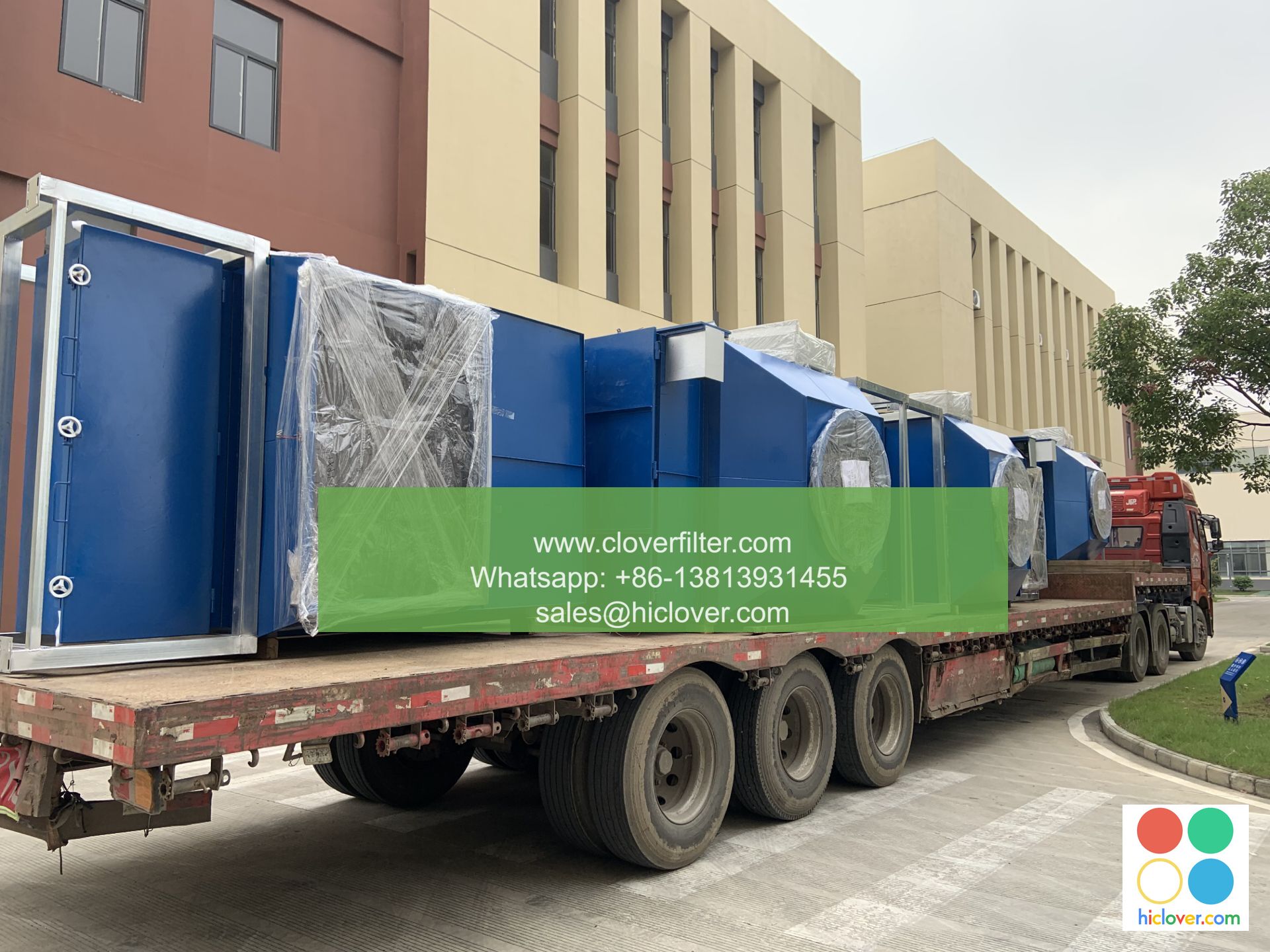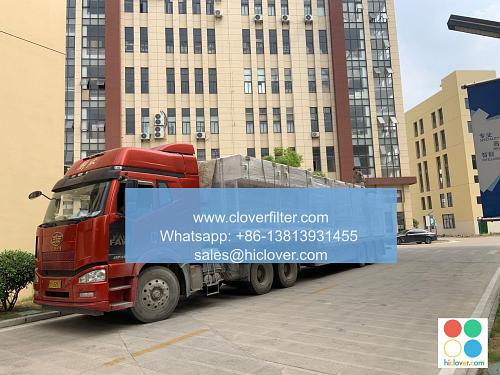Air Filter Logistics: A Guide to Troubleshooting Common Issues in Commercial Settings

The importance of air filter logistics in commercial settings cannot be overstated. Air filtration systems play a crucial role in maintaining indoor air quality (IAQ), ensuring a healthy and safe environment for employees, customers, and equipment. However, like any other system, air filters can be prone to issues that affect their performance and overall efficiency. In this article, we will delve into the world of air filter logistics, exploring common issues that arise in commercial settings and providing valuable insights on troubleshooting and maintenance strategies.
Understanding Air Filter Logistics
Before we dive into troubleshooting, it’s essential to understand the basics of air filter logistics. Air filters are designed to capture particulate matter (PM), gases, and odors from the air, preventing them from entering the heating, ventilation, and air conditioning (HVAC) system. There are various types of air filters, including HEPA filters, activated carbon filters, and pre-filters, each with its unique application areas. For instance, HEPA filters are commonly used in healthcare facilities, pharmaceutical manufacturing, and food processing industries, where high-efficiency filtration is crucial.
Common Issues in Air Filter Logistics
Commercial settings often face a range of issues related to air filter logistics, including:
* Reduced airflow due to clogged or dirty filters
* Increased energy consumption resulting from inefficient filter operation
* Filter failure caused by improper installation, maintenance, or filter selection
* Indoor air quality (IAQ) issues stemming from inadequate filtration or filter bypass
Troubleshooting Air Filter Issues
To address these common issues, it’s essential to develop a comprehensive troubleshooting strategy. Here are some steps to follow:
1. Conduct regular filter inspections to identify signs of wear, damage, or filter degradation.
2. Check filter installation to ensure proper fitting and seal integrity.
3. Monitor airflow and pressure drop to detect potential issues with filter performance.
4. Perform routine maintenance, including filter cleaning or replacement, as recommended by the manufacturer.
5. Consider upgrading to high-efficiency filters or implementing a filter management system to optimize filter performance and reduce maintenance costs.
Application Areas for Air Filter Logistics
Air filter logistics play a vital role in various commercial settings, including:
* Offices and commercial buildings: maintaining IAQ and ensuring a healthy work environment
* Healthcare facilities: preventing the spread of infections and maintaining sterile environments
* Food processing industries: preventing contamination and ensuring food safety
* Pharmaceutical manufacturing: maintaining cleanroom environments and preventing product contamination
Conclusion
In conclusion, air filter logistics are critical in commercial settings, where indoor air quality (IAQ) and equipment efficiency are paramount. By understanding common issues and developing a comprehensive troubleshooting strategy, businesses can optimize their air filter logistics, reduce maintenance costs, and ensure a healthy and safe environment for employees, customers, and equipment. Whether you’re operating in healthcare, food processing, or pharmaceutical manufacturing, prioritizing air filter logistics is essential for maintaining high-quality air filtration systems and achieving regulatory compliance. It seems like you haven’t provided a prompt for me to work with. Could you please share what’s on your mind or what you’d like to talk about? I’m here to help with any questions, topics, or tasks you have!

